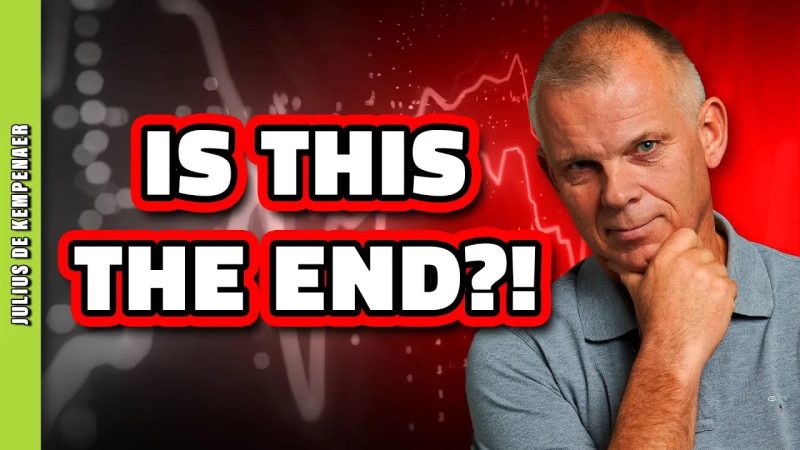Stock Outperformance: Is the Trend Changing?
The recent surge in stock outperformance over the past few years may be showing signs of a potential shift in the market landscape. While investors have enjoyed substantial gains through high-flying stocks, factors are pointing towards a potential end to this trend. Several key indicators suggest that the era of stock outperformance might be coming to an end, requiring investors to reassess their strategies moving forward.
One of the primary reasons for the potential slowdown in stock outperformance is the overall valuation of certain stocks. High valuations, often driven by excessive optimism and speculation, can make it challenging for stocks to sustain their upward trajectory. As market dynamics evolve and economic conditions fluctuate, overvalued stocks become vulnerable to corrections and pullbacks.
Moreover, the market environment is also shifting towards a more cautious and risk-aware stance. Recent events, such as geopolitical uncertainties, rising interest rates, and global trade tensions, have heightened market volatility and created a sense of unease among investors. In such an environment, stocks that were previously outperforming may struggle to maintain their momentum, especially if investor sentiment turns bearish.
Another factor contributing to the potential end of stock outperformance is the emergence of new market trends and disruptors. Technologies like artificial intelligence, blockchain, and renewable energy are reshaping industries and creating new investment opportunities that may divert capital away from traditional outperforming stocks. As investors adapt to these changing dynamics, the focus may shift towards companies poised to benefit from these disruptive forces, leading to a redistribution of capital and performance metrics.
Furthermore, investors are becoming increasingly attentive to environmental, social, and governance (ESG) considerations in their investment decisions. Companies that demonstrate strong ESG practices are seen as more sustainable and resilient in the face of various challenges, potentially outshining their peers in terms of long-term performance. As ESG criteria gain prominence in investment strategies, traditional outperforming stocks may face scrutiny if they fall short on these metrics.
In conclusion, while stock outperformance has been a prevailing trend in recent years, there are indications that this trend may be losing steam. Valuation concerns, shifting market dynamics, emerging trends, and ESG considerations are all factors that could influence the future performance of stocks. As investors navigate this evolving landscape, it is crucial to remain vigilant, diversified, and informed to adapt to changing market conditions and potentially identify new sources of outperformance in the shifting market environment.

